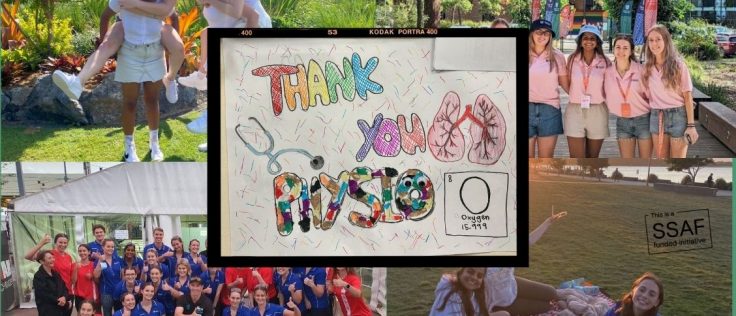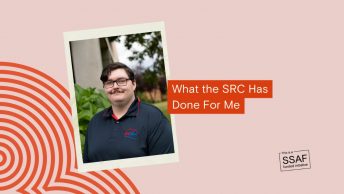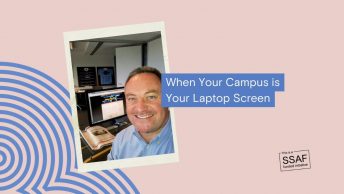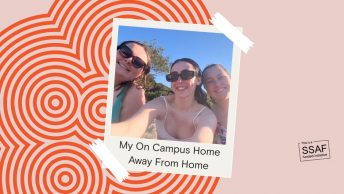Written by Rahael Mathew
During Year 12, Personal Development Health and Physical Education was by far my most enjoyable subject. It sparked my interest to delve into potential career paths in sports medicine, health, and athletic performance.
Looking at my options, I knew I did not have the endurance to be a doctor, or the bravery to be a paramedic. I wanted to be engaged in a field that delved deeper into the complexities of the human body, with many facets for rehabilitation.
For any Dance Academy fans out there, one of the final scenes where Tara learns to walk again after her back injury, made me realise what a pivotal difference physiotherapy makes, helping someone regain confidence and function, with the most basic of tasks.
What attracted me the most were the multi-faceted job prospects; some of which I didn’t know existed before staring the degree. I came into this thinking I would only study the muscles of the body then move straight into a private sports clinic.
To my surprise, the course branched into areas of cardiorespiratory, neurological rehabilitation, orthopaedics, paediatrics, and geriatrics. Physiotherapy goes further than just prescribing exercises with a TheraBand and putting on a heat pack; it explores areas of hydrotherapy, transcutaneous electrical nerve stimulation, spirometry, casting, and splint making.
There’s no one standard approach, there are avenues for physiotherapists across hospitals, private practices, community health, aged care homes and sporting organisations.

The Bachelor of Physiotherapy is a four-year full-time course, which steps you through the fundamentals of anatomy and physiology, then builds into specialised physiotherapy practical subjects.

Living on the Port Macquarie on-campus accommodation for my first three years of study, definitely enhanced my experience.
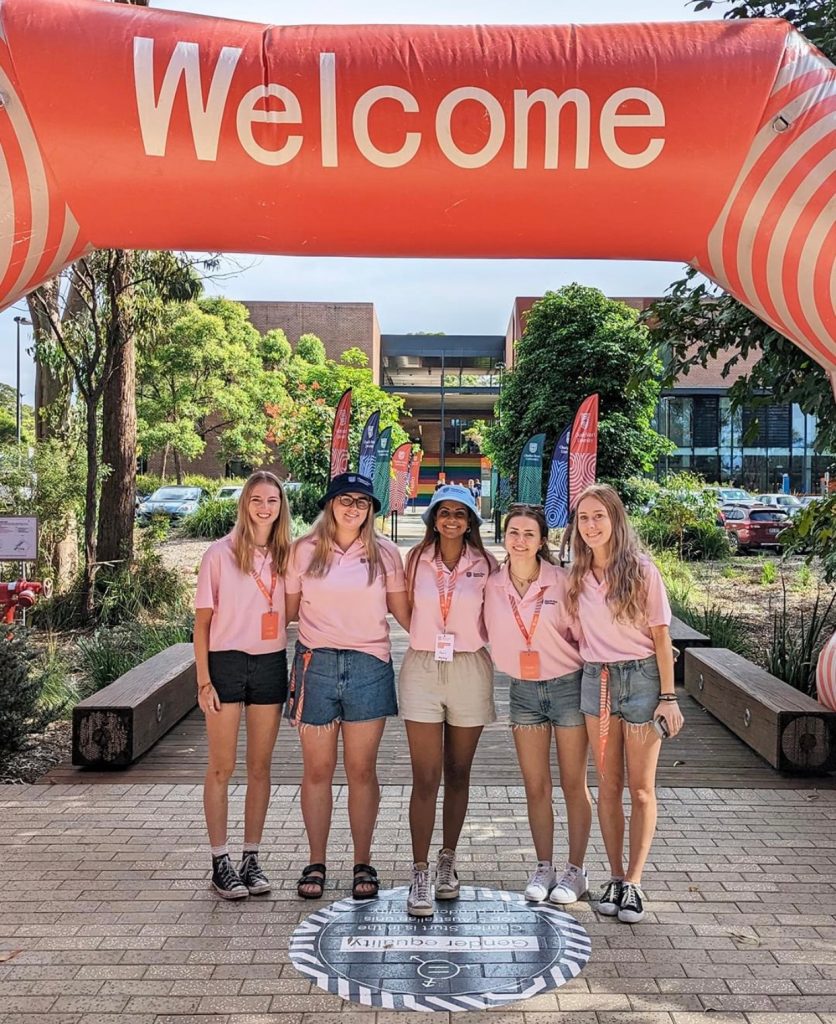
There was no way you could miss an assignment due date when it was all on your dorm mates’ minds, plus had each other to practice our practical skills on.

Currently in my final blocks of placement, I have learnt skills I never realised I would need in the profession.
From working with 9-month-old babies who require orthotic casting to re-align the positioning of their feet, to 90-year-old patients who require positive expiratory pressure devices to breathe more efficiently, placement provides diverse exposure to the breadth of physiotherapy practice.
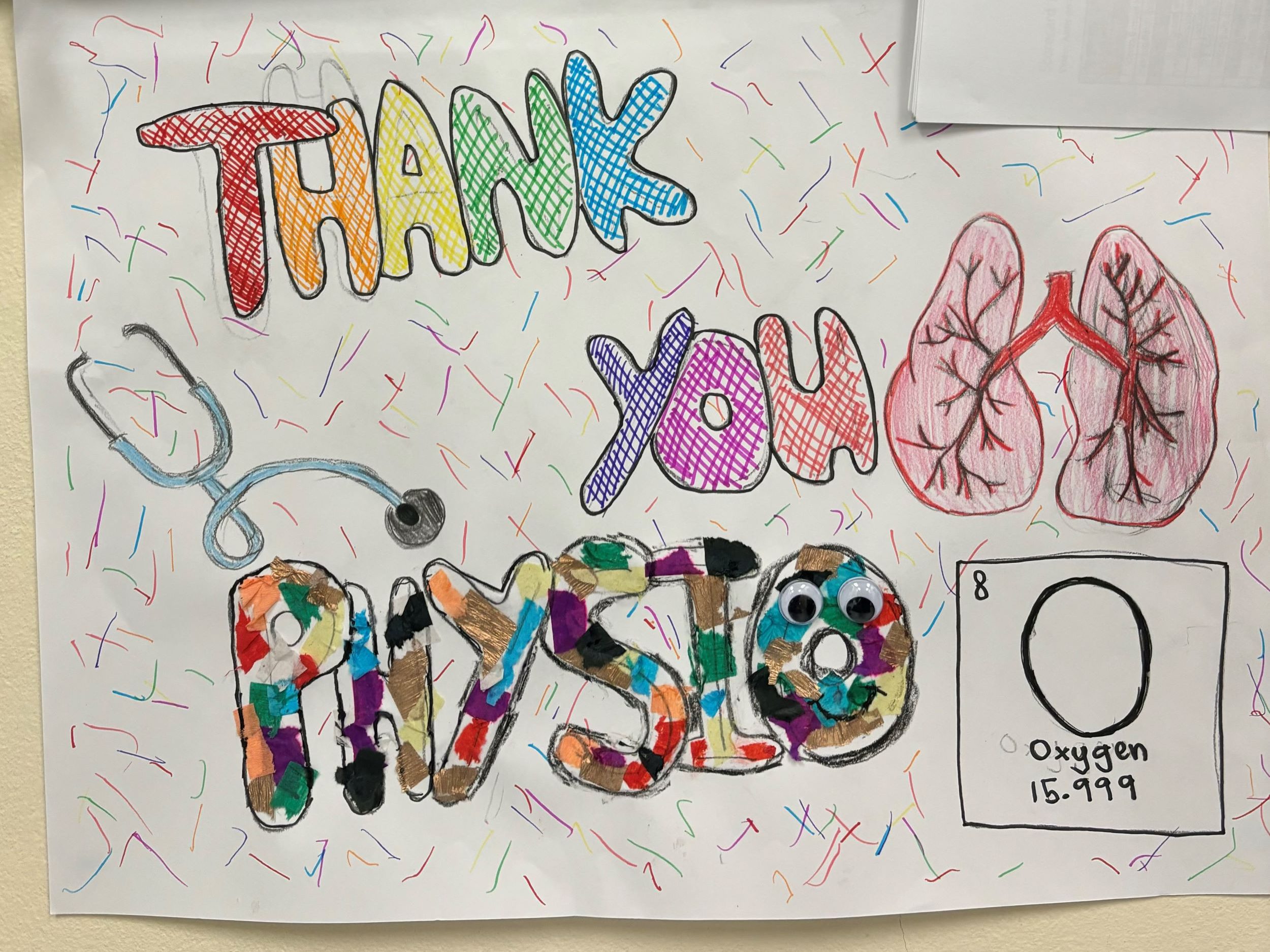
One of my placement supervisors said a sentence that stuck with me; “You can help a patient without even placing a hand on them”.
Prior to my placement experience, I underestimated the importance of communication in the health setting. I realised the true avenue for recovery is built through collaboration and understanding, ultimately leaving each patient feeling empowered and confident.
Every patient shares the same goal of returning to an optimal level of function and look to physiotherapists to help reach that goal.
The Bachelor of Physiotherapy prepares you to make this meaningful difference, equipping you to be the catalyst for recovery.
Charlie blog is a SSAF funded initiative


